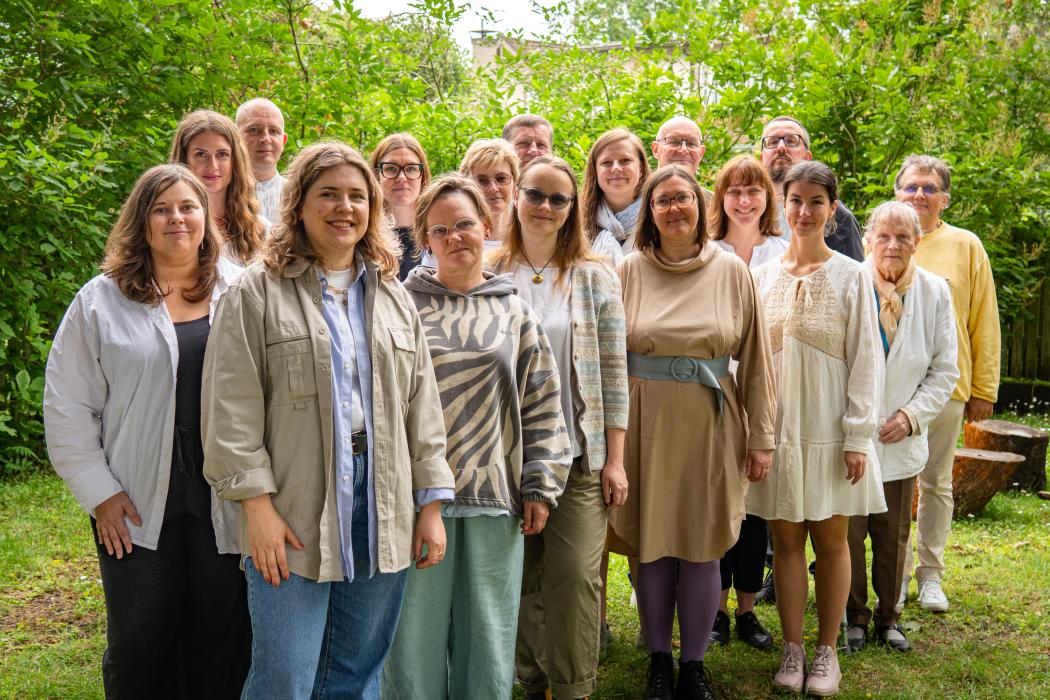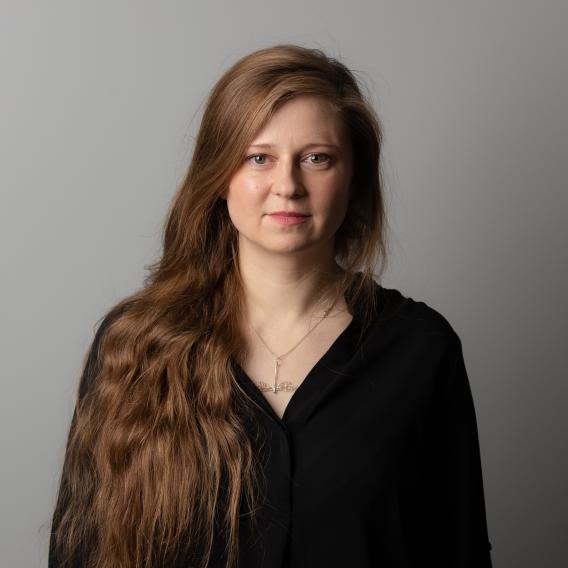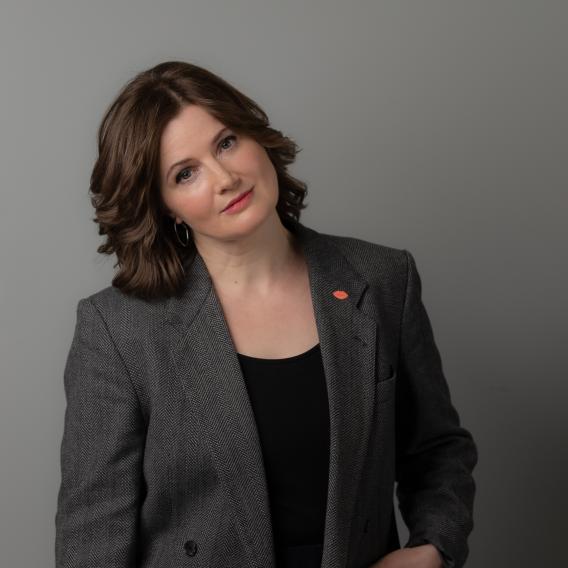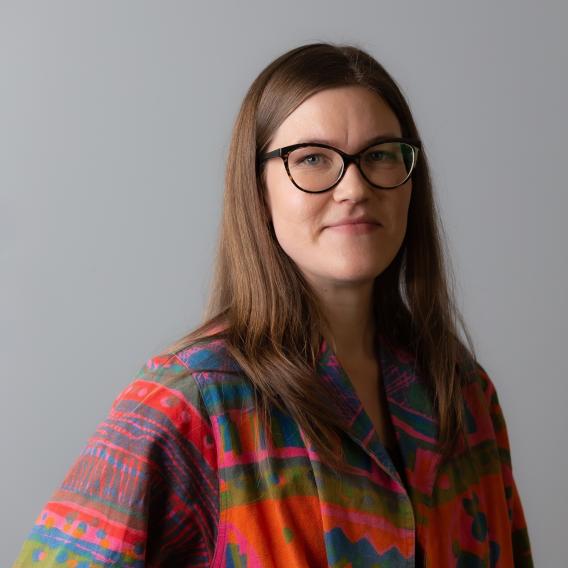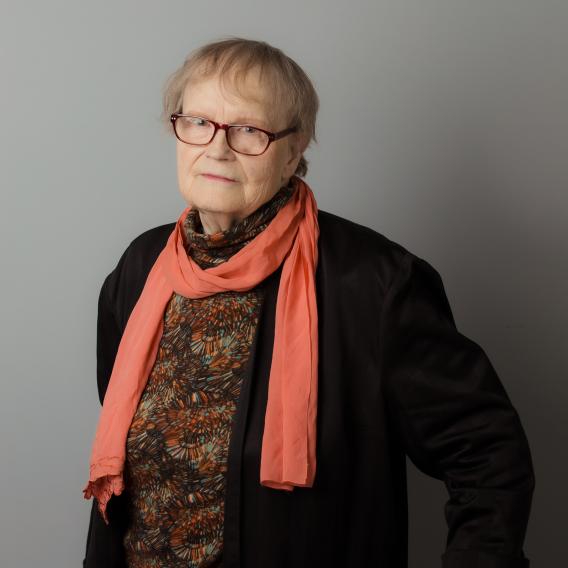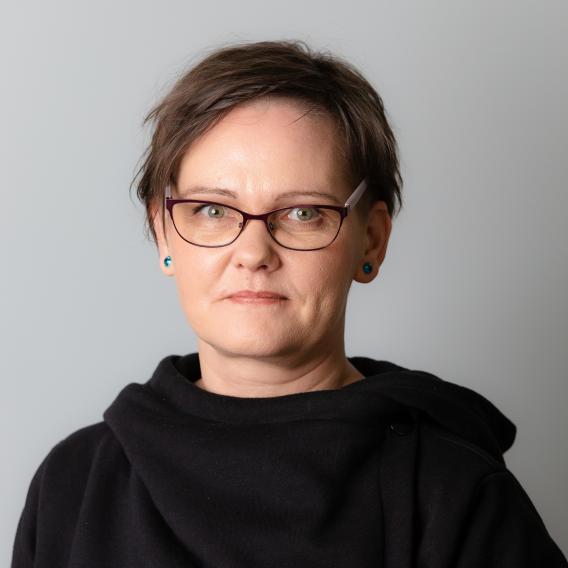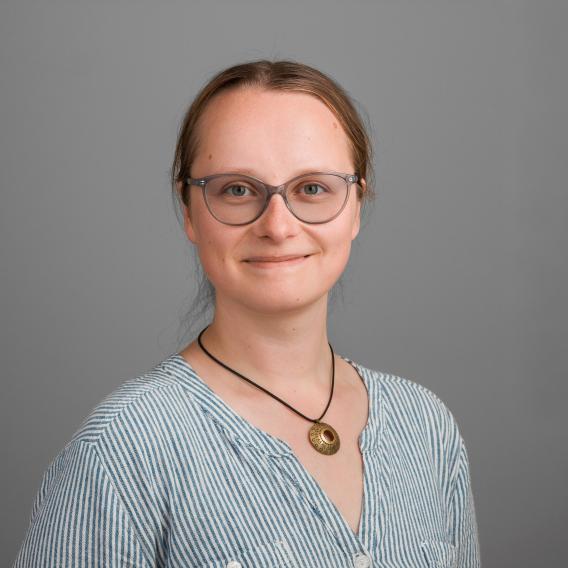The Archives of Latvian Folklore (ALF) is the most significant center for the documentation, archiving, and research of traditional culture in Latvia. The archive holds more than three million folklore items, including manuscripts, audio and video recordings, photographs, as well as the Cabinet of Dainas compiled by Krišjānis Barons, which contains over 200,000 slips of paper with folk songs. These materials reflect the history of folklore collection in Latvia, provide insights into storytellers and collectors, and document the traditional way of life, worldview, history, and language over several centuries.
ALF was established on December 2, 1924, and is considered the oldest academic research institution in the Republic of Latvia and the oldest folklore archive in the Baltic States. Its founder and first director was the folklorist Anna Bērzkalne (1891–1956). As stated in the 1924 issue of the government gazette Valdības Vēstnesis, the purpose of the archive was: “to collect, organize, preserve and publish Latvian folklore materials – folk songs, fairy tales, legends, riddles, proverbs, beliefs, descriptions of customs, etc.” Today, ALF functions as a structural unit of the ILFA. It is a scientific institution engaged in academic research and actively contributes to the development of Latvia's scholarly and cultural environment.
In 2014, the digital archive Garamantas.lv was launched, providing online access to digitized materials from the archive. The digital archive features a detailed metadata system, tools for text analysis, genre classification, and other indicators, making it a valuable research resource for students and scholars of folklore. Users of the platform are invited to contribute by transcribing manuscripts, translating texts, and identifying people and places in photographs, thereby enriching the digital content.
Striving for excellence in high-level research, ALF ensures the continuity of studies in both traditional and contemporary cultural expressions, while fostering the growth, excellence, and international recognition of Latvian scholarship. Current research themes of ALF scholars include: historical and contemporary vernacular cultural practices; the study of traditions; the folklore movement; folk narrative research and oral history/life story studies; ethnomusicology; ethnochoreology; mythology and the study of religious cultures and practices; folk medicine and ethnobotany; contemporary folklore forms and practices; the history of folkloristics in Latvia and the diaspora, including intellectual history and the influence of key individuals on folklore research in the 19th and 20th centuries; the cultural spaces of Latgalians, Livonians, and others; urban folklore; regional and ethnic cultural practices and identity; folklore in local communities; visual ethnography; and contemporary interpretations of traditional music in popular culture and academic contexts.
More information is available on the website of the Archives of Latvian Folklore and in the relevant entries of the Latvian National Encyclopedia:
ALF actively participates in international research networks, collaborating with folklore archives in Estonia, Lithuania, and the Nordic countries, and is involved in professional organizations such as the International Society for Ethnology and Folklore (SIEF), the International Society for Folk Narrative Research (ISFNR), among others.
Recent publications by ALF researchers include:
- Beatrise Reidzāne, “Meža putnu kāzas Latvju dainās” (2024)
- Sandis Laime, “Latviešu teiku tipu un motīvu rādītājs: Raganas (Latvian Legend Type and Motif Index: Witches)” (2024)
- Aigars Lielbārdis, “Latviešu buramvārdi. Teksti, tradīcijas, konteksti” (2024)
- Toms Ķencis, Simon J. Bronner, Elo-Hanna Seljamaa (eds.). “Folklore and Ethnology in the Soviet Western Borderlands” (2023)
